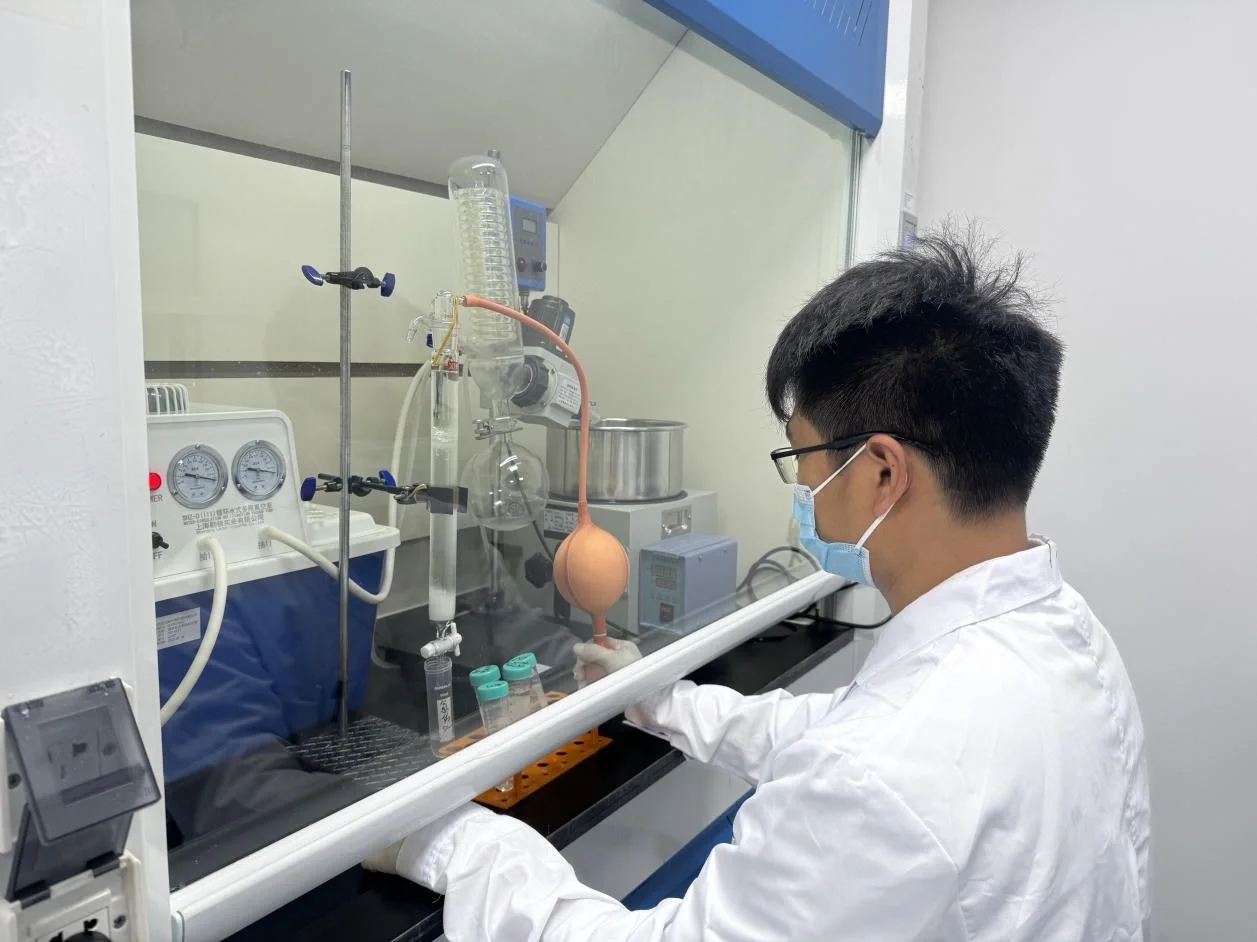Cancer remains one of the leading global health challenges, and in recent years, the development of cancer vaccines has opened new opportunities in immunotherapy. Unlike preventive vaccines against infectious diseases, cancer vaccines are designed to treat or prevent tumor growth by stimulating the body’s immune system to recognize and destroy malignant cells. However, a key factor that determines their success lies in the choice of cancer vaccine adjuvants.

Adjuvants are substances added to vaccines to enhance the immune response, improve the durability of protection, and reduce the required antigen dose. In the context of oncology, the careful selection of adjuvants is essential not only to improve efficacy but also to ensure safety for patients who may already have compromised health.
What Are Cancer Vaccine Adjuvants
A cancer vaccine adjuvant is a component that helps boost the body’s immune response to tumor antigens. Since many tumor antigens are weakly immunogenic, adjuvants are required to trigger a strong and specific response by activating immune cells such as dendritic cells, T cells, and natural killer cells.
By doing so, cancer vaccine adjuvants:
Enhance antigen presentation to immune cells.
Stimulate the production of cytokines and chemokines.
Support the development of long-term immune memory.
Reduce the antigen dose required for effective therapy.
Factors to Consider in Selecting Cancer Vaccine Adjuvants
Choosing the right adjuvant for cancer vaccines requires balancing efficacy and safety. Important factors include:
Type of Immune Response Needed
Cancer vaccines often require cell-mediated immunity (T-cell activation) rather than just antibody responses.
Safety and Tolerability
Patients with cancer may have weakened immune systems, so adjuvants must avoid excessive toxicity or inflammation.
Compatibility with Antigens
Different tumor antigens may require specific adjuvants to optimize presentation and recognition.
Regulatory Approval and Clinical History
Established adjuvants with a proven safety record are more suitable for clinical use.
Formulation and Delivery System
The adjuvant must be compatible with the vaccine formulation to ensure stability and proper release.
Improving Efficacy of Cancer Vaccines Through Adjuvants
Adjuvants can significantly improve cancer vaccine performance by:
-
Enhancing Dendritic Cell Activation: Ensuring antigens are presented effectively to T cells.
-
Promoting T-cell Proliferation: Generating stronger cytotoxic responses against tumor cells.
-
Supporting Long-Term Immunity: Preventing recurrence and metastasis of cancer.
-
Enabling Combination Therapies: Working alongside checkpoint inhibitors, chemotherapy, or radiotherapy.
Recent research has shown that combining multiple adjuvants—such as TLR agonists with nanoparticle carriers—can create synergistic effects that boost anti-tumor immunity more effectively than single adjuvants.
Ensuring Safety in Adjuvant Selection
While potency is important, safety is paramount in cancer vaccine development. Some strategies to improve safety include:
Using lower doses of strong adjuvants while maintaining efficacy.
Developing targeted delivery systems to minimize systemic inflammation.
Conducting thorough preclinical and clinical testing to identify potential side effects.
Selecting adjuvants with a history of regulatory approval for faster clinical translation.
Conclusion
The selection of cancer vaccine adjuvants is a critical step in the development of effective and safe cancer immunotherapies. By carefully balancing immune stimulation, safety, and compatibility, researchers and clinicians can design vaccines that achieve strong anti-tumor responses while minimizing risks to patients.
With advances in nanotechnology, TLR agonists, and personalized medicine, cancer vaccine adjuvants will continue to evolve, offering new hope in the fight against cancer.